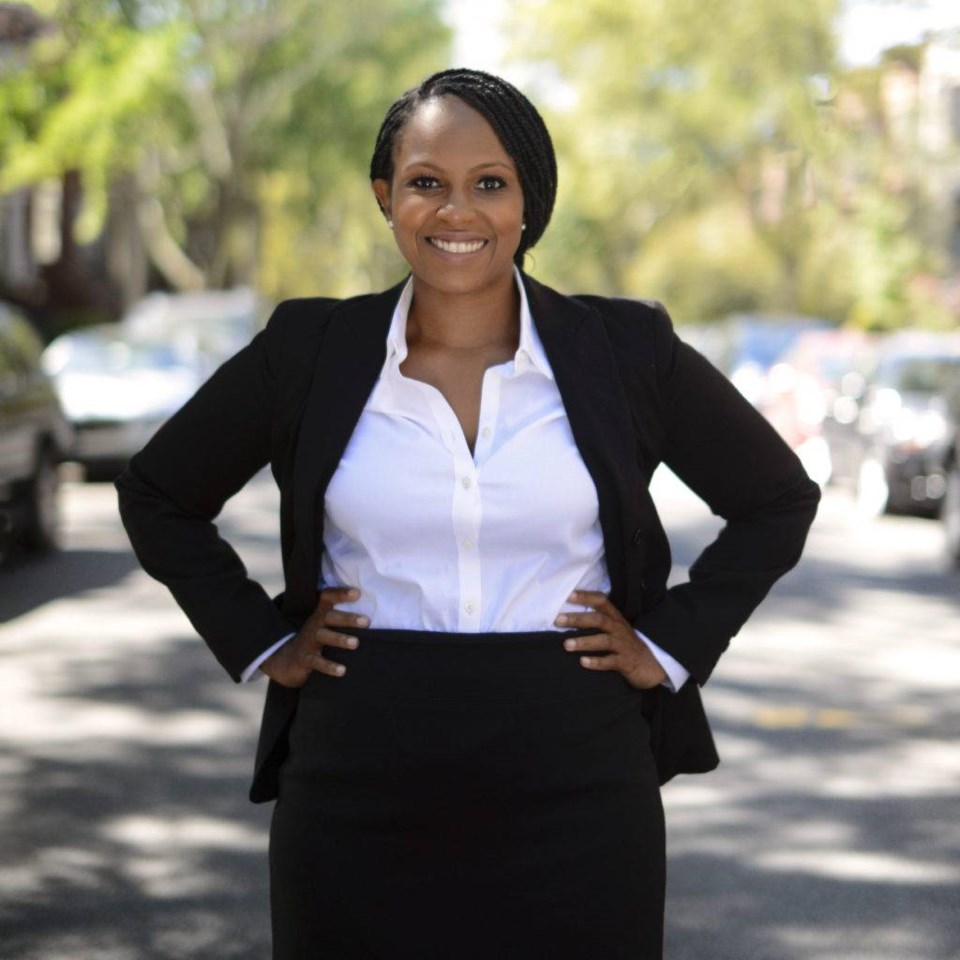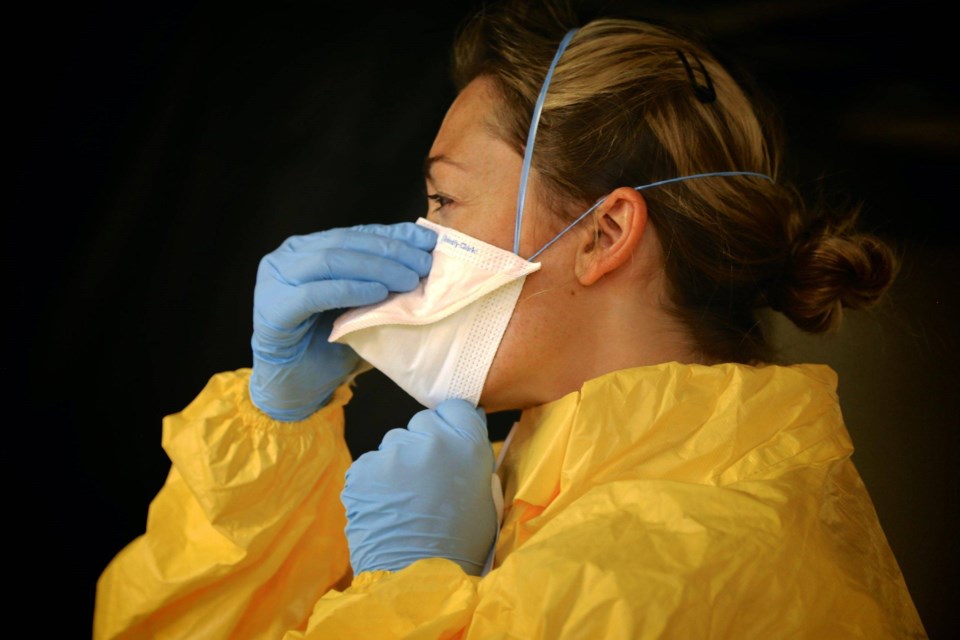By Kenya Handy-Hilliard
COVID-19 has battered our City.
As of February 28, 2021, New York City recorded total cases of COVID-19 and 28,500 deaths. These grim statistics loom large as the start of the petitioning season for political campaigns approaches. This week, hundreds of people throughout the five boroughs will be out petitioning, a political party-based process that qualifies candidates for the ballot for primary election consideration. It gives campaigns prolonged contact with NYC residents, knocking on doors, and sharing close quarters in an effort to gain signatures for their candidates. Despite the cuts Governor Cuomo made to petition-gathering requirements, this year's petitioning will put thousands at risk of COVID-19.
As public servants and community leaders, it is our duty to protect the health and safety of the communities we serve. Petitioning in this pandemic will expose our friends, neighbors and constituents to undue risk. How can we expect voters to fully participate in the civic process if they must concern themselves about whether it will expose them to COVID-19? The answer is that we can't and we shouldn't. New York City is the most populous metropolis in the country. It is already difficult to maintain proper social distancing in our day-to-day activities. Our aging, elderly, immunocompromised, and other vulnerable residents are in constant jeopardy. Thousands of people are currently infected or under quarantine. If we don't halt in-person election activities or provide another way for people to participate safely, we may exclude all of these people from the process.
But don't just take it from me, listen to what the voters have to say. My team and I conducted a small survey of local residents about petitioning during the pandemic. Over 80% of respondents don't feel comfortable with campaigns coming to their homes to collect signatures. 74% expressed discomfort with campaigns collecting signatures outside. It's clear that our communities feel that petitioning right now is unsafe. One respondent said, "Petitioning cannot happen safely in person and it would completely alienate old voters if by a miracle it could be done virtually. If there was ever a reason to do away with petitions, a pandemic fits the bill. So ridiculous that it's still happening".
Petitioning puts voters at risk and also places campaigns in danger. Politicians and candidates have been calling for an end to petitioning since the pandemic began a year ago. This year, over 100 local political candidates, including me, signed on to a lawsuit to stop this dangerous exercise. The judge, someone with deep political connections, ruled against us. Just as we seemed to have turned a corner on COVID, the CDC and medical experts are still encouraging people to take prudent precautions even with the availability of a vaccine.
Though I'm opposed to in-person petitioning, as of today it must be done. It is important to me that the community knows my campaign has prepared a comprehensive safety plan. All petitioners will wear N95 masks[1] [2] [3] and gloves while engaging with the public. We will observe all social distancing protocols and focus on obtaining the necessary signatures outdoors. We've stocked up on pens, so that we can offer each voter a brand-new pen for signing. We'll be giving out masks to any signer that doesn't have one for their safety. Our teams will also carry hand sanitizer in an effort to stay safe and minimize risk of COVID.
In normal election cycles, candidates from all walks of life are able to run for office. Voters have the ability to gather, attend events and meet candidates in person and make informed decisions. However, in a pandemic, nothing is normal. Traditional petitioning creates an ableist and exclusionary system that limits and prevents vulnerable people from full participation. That is not what democracy looks like. Another survey participant noted, "Forcing candidates and voters to engage in in-person activities is exactly what the GOP did last election. We're supposed to be better than that."
Indeed, we must do better. Voters should not have to choose between civic engagement and their own safety.





